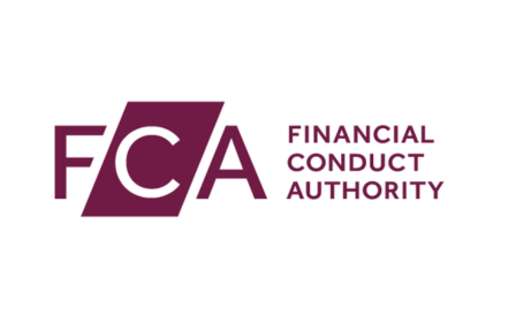Fraud and security
Protecting your data is our priority
Here at Unity Mutual we take the security of your data seriously. We continuously update our cybersecurity measures to ensure it remains protected.
However, with the rise in technology and AI, scams are becoming more sophisticated and use various methods to try to access your personal details or money.
These scams leverage trust and urgency, so we emphasise the importance of remaining cautious and confirming the if requests or offers are genuine before acting on them.

Why Unity Mutual might contact you?
There are several reasons our team may contact you. These include:
- Informing you of any changes to your financial products or services
- Letting you know your financial product is approaching maturity
- Other account management queries
- Telling you about new products and services we may be offering.
It’s also important to remember that we may contact you about products that you didn’t originally take out with us. This could be because your policy was transferred to us from another friendly society.
Find out more about the funds we manage or if you'd like to know more about how we use and protect your data please review our Privacy Policy.
Think it might be a scam? Let us know
If you've received a message or call from Unity Mutual and aren't sure it's really from someone on our team, don't take any chances. We're here to help.
Our team will review the details and confirm whether it was a legitimate contact.
How to report a scam or suspicious message:
- Email us at insure@unitymutual.co.uk
- Call our support team directly at 0161 214 4650

Avoiding investment and pension scams
Investment and pension scams are on the rise, with fraudsters using sophisticated tactics to trick people out of their savings. To help protect you, the Financial Conduct Authority (FCA) offers a helpful tool called ScamSmart.
Use the tool to:
- Check the 'FCA Warning List' before making an investment to ensure the company or product you are thinking of investing in is legitimate.
- Learn more about fake communications.
- Check the Financial Services Register to see if a firm is FCA authorised.
- Get advice on avoiding pension scams.
Report a scam or unauthorised firm.

Been scammed, or suspect identity theft?
Identity theft can happen to anyone, and often starts with something as simple as a lost document or missing mail. If you think that your personal information may have been compromised, acting quickly is essential.
Signs you may already be a victim
Identity theft isn’t always obvious at first, but here’s some warning signs to watch for:
- Unfamiliar entries on your credit report from companies you've never dealt with.
- Unknown charges on your bank or credit card statements.
Being told you're already claiming a state benefit you just applied for. - Receiving bills, invoices, or receipts for products or services you didn’t order.
- Being refused credit or a loan despite a good financial history.
Having a mobile phone contract set up in your name without your knowledge. - You’re contacted by solicitors, debt collectors, or financial institutions about debts that don’t belong to you.
What can you do?
- Keep your bank cards, passwords, PINs and important documents safe. Inform your provider immediately if you believe any have been lost or stolen.
- Use unique passwords for each account, and never reuse banking passwords. This helps keep all your accounts secure.
- Be cautious of unexpected calls, emails, or texts.
- A genuine bank or organisation will never ask for your PIN, full password or to move money to another account.
- Only share personal details with trusted providers for products and services you’ve chosen.
- Don't rush, a legitimate business will give you time to think.
- Avoid ‘clone firms’. Always double-check website links and contact details e.g. email addresses and telephone numbers.
- Check the sender’s email address by clicking on the sender’s name. Scam email addresses often contain misspellings or random characters.
- If you move house, update your address with your providers, and use Royal Mails redirect service.
- If you lose any important mail or documents, believe you have been a victim of identity fraud, tell the relevant providers immediately.
- Get a copy of your credit report from a reputable company such as Experian or Equifax, and check for any suspicious entries.
- Contact the organisations involved right away so they can investigate and, if necessary, report criminal activity to the police.
- Keep a record of who you spoke to and when, along with any letters sent or received.
- If your passport is lost or stolen, notify the Home Office.
Report the loss or theft of any mail to Royal Mail.
Action Fraud – The UK’s national reporting centre for fraud and cybercrime. Report fraud if you have been scammed, defrauded or experienced cybercrime.
CIFAS – Learn more about the UK’s Fraud Prevention Service, get information on identity fraud, or apply for their protective registration service if you believe your address has been used by fraudsters or your passport has been stolen.
Financial Conduct Authority (FCA) – Find more information about protecting yourself from scams.
Get Safe Online – Get advice on protecting yourself against digital threats, including how to protect your computer and personal information.
HM Government Cyber Aware – Discover how to protect your home or business from cybercrime.
Related articles
Need help?
Email us
Send us an email at insure@unitymutual.co.uk
Customer centre
Take a look at our customer centre
